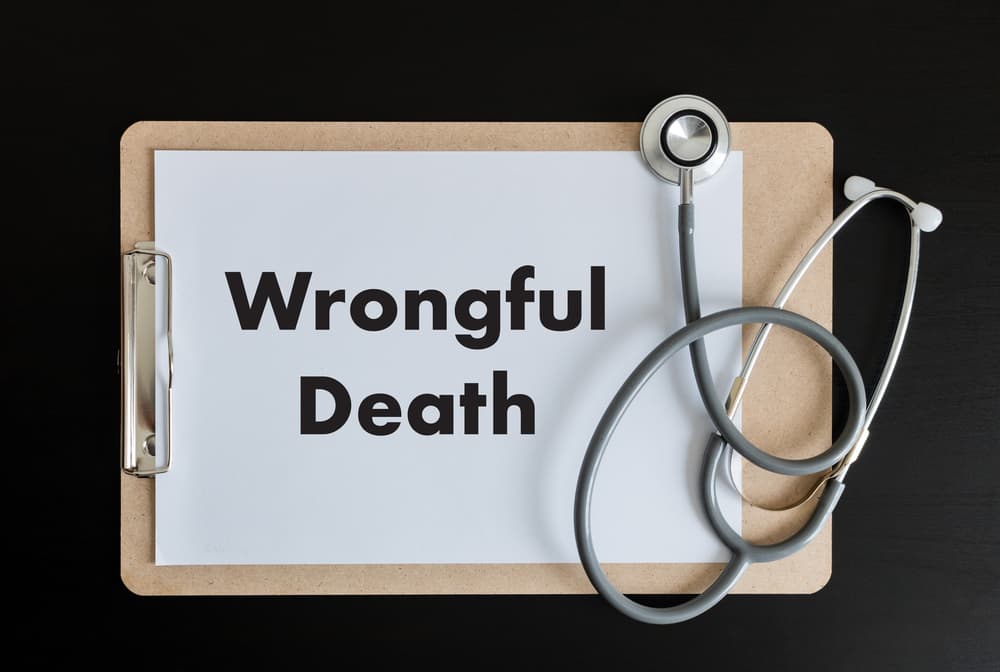The death of a loved one is always tragic. When it is caused by another person's negligence or intentional actions, the grief and pain are even more unbearable.
Though nothing will ever make up for the loss of a loved one, seeking justice with a wrongful death claim may bring a sense of closure and accountability to surviving family members.
But how does a wrongful death statute of limitation affect your right to compensation for the loss of your loved one?
The consequences could see you lose your right to hold responsible parties accountable, so you need a wrongful death attorney who understands the filing deadlines to move forward from your losses.
Why Do States Have a Statute of Limitation for Wrongful Death?
Statutes of limitations for wrongful death protect both sides of a case. The plaintiff, who is seeking compensation for the death of their loved one, can bring their case forward while evidence and witnesses are still available and relevant.
Conversely, it protects defendants from accountability for an event that occurred too far in the past. As time passes, memories fade, and evidence can become lost or unreliable, making it difficult to prove the case.
Unfortunately, with the time it takes to grieve, make funeral arrangements, and eventually take action, you can lose track of time and miss out on the chance to seek justice.
When Does the Statute of Limitation for Wrongful Death Start?
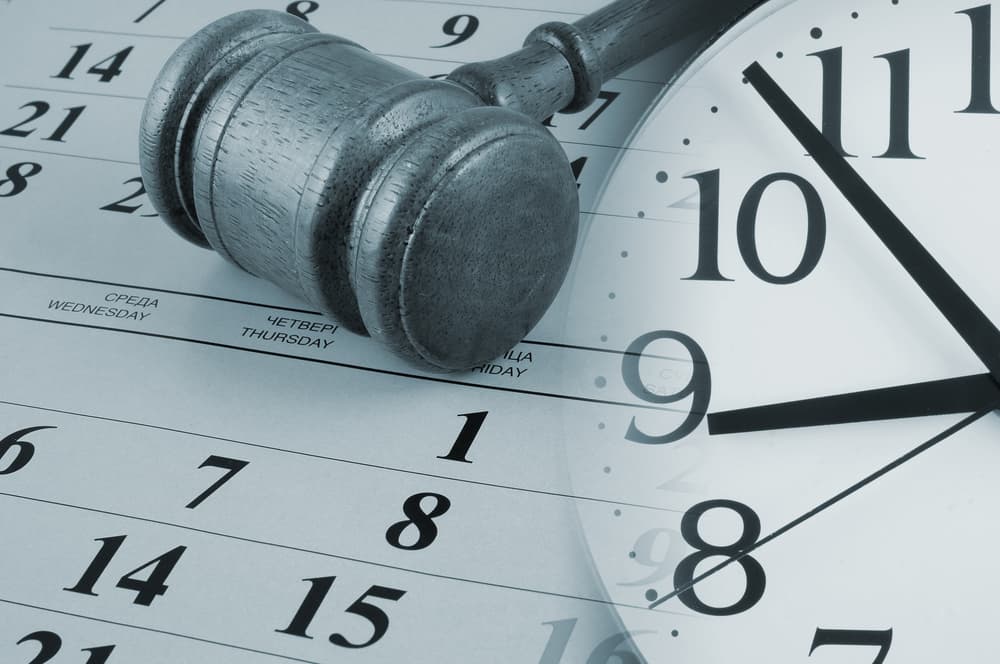
The clock start varies by state but is generally either when the death occurred or when you discovered that the negligence or intentional actions of another person caused the death.
For example, if a person died in a car accident on January 1 and you immediately knew that the driver of the other vehicle caused it, the statute of limitations would start on that day.
However, if the accident left the deceased with severe injuries that they succumbed to several months later, the statute of limitations would start on the day of their death.
This distinction isn't always as clear-cut. For example, in cases where death resulted from contaminated food or medication, you need a lawyer to determine when the statute of limitations begins.
The best way to learn when the statute of limitations started for the death of your loved one is to consult an experienced wrongful death attorney. They can review your case and advise you on the appropriate timeline for filing a claim.
What is The Wrongful Death Statute of Limitation In My State?
Since each state has its own laws and regulations, the statutes of limitations for these cases vary significantly.
For example, Minnesota generally offers surviving family members a three-year statute of limitations with a possibility of six years to file injury actions. In Wisconsin the statute of limitations on wrongful death generally is three years, but is reduced to two years in motor vehicle accident death cases. However, in North Dakota, it is only two years.
Other factors may shorten or lengthen the time you have to file a wrongful death claim, including but not limited to:
- Whether a civilian or government entity caused the death
- If the deceased was a minor or incapacitated adult
- If the death was related to medical malpractice
- If there are multiple defendants involved in the case
These deadlines can also be extended or tolled in certain situations, such as if new evidence comes to light or if a minor reaches the age of majority.
Because filing a wrongful death claim is complex, consult an experienced lawyer to determine how much time you have left to file.
Why is the Statute of Limitation Important?
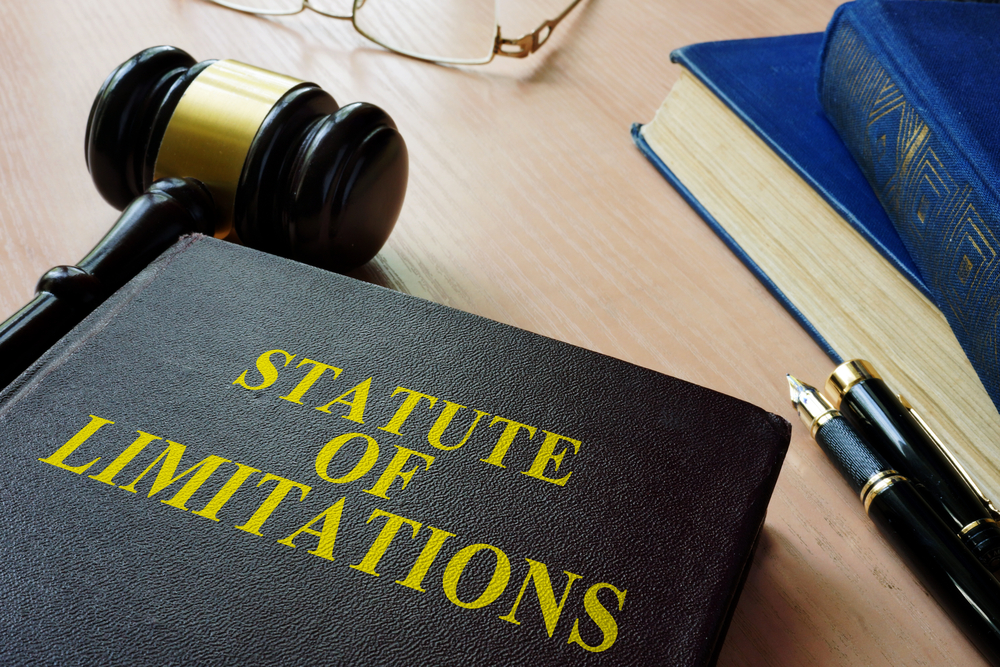
Understanding how the statute of limitations applies to your case is crucial for preserving your right to seek compensation and hold responsible parties accountable.
Failure to file within the appropriate timeline can result in your case being dismissed without ever being heard in court.
This not only means missing out on potential compensation but also prevents you from finding closure and justice for your loved one's death.
In addition, insurance companies may use the statute of limitations to delay or deny your claim, hoping that you will miss the deadline and they will not have to pay.
How Much Do I Lose By Not Filing on Time?
Waiting too long to file a claim can significantly impact your financial well-being, considering the common costs for wrongful death that loved ones have to bear:
- Funeral costs. In most states, the average funeral costs range from $6,120 to $8,280, depending on whether you choose a cremation or burial ceremony. This does not include other expenses such as a casket, plot, headstone, or urn.
- Medical expenses. If the deceased underwent hospitalization and medical treatment before their death, these costs don't go away and become the responsibility of the loved ones to pay. In wrongful death cases resulting from a car accident, the average cost of medical expenses can range from $30,000 to $3 million or more.
- Loss of income. If the deceased was a primary breadwinner for their family, their death can result in a significant financial burden on those left behind. This includes lost wages and potential future earnings. Considering the average annual salary in the USA is $59,384, even a few years of income loss can significantly impact a family's finances.
- Pain and suffering. You need a lawyer to assign an exact dollar amount to the emotional pain and suffering caused by losing a loved one due to someone else's negligence. In some states, this amount is based on a multiplier of the deceased's medical costs and lost income, while in others, it is solely up to the judge or jury to determine.
Ultimately, by not filing within the statute of limitations, you risk losing any chance at seeking compensation for these damages, turning your already devastating personal tragedy into a massive financial burden totaling hundreds of thousands or millions of dollars.
What Qualifies as a Wrongful Death?
In general, a wrongful death is defined as any death that results from the negligent or intentional actions of another party, including:
- Car accidents caused by reckless or drunk driving
- Medical malpractice resulting in death
- Workplace accidents due to unsafe conditions or employer negligence
- Product liability cases where a faulty product causes injury or death
- Criminal acts such as murder or assault leading to death
Some states may have different criteria, and consulting with an experienced attorney can help determine if your case qualifies.
What Causes Wrongful Death?
Car Accidents
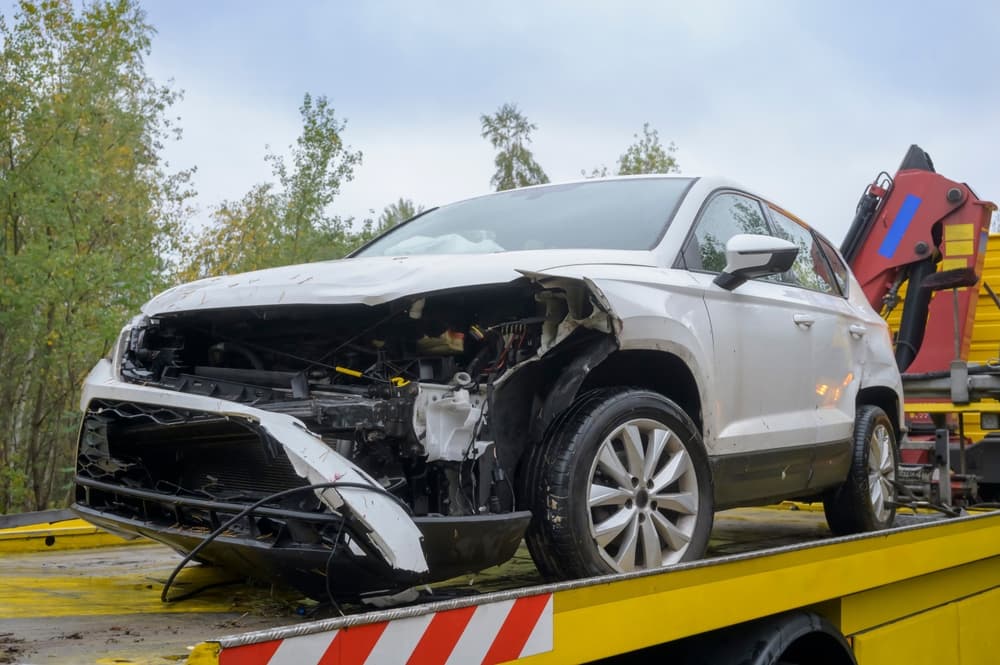
Death in car accidents isn't always immediate, and surviving family members have the right to pursue compensation if their loved one dies as a result of injuries sustained in an accident.
Common types of car accidents and injuries that lead to wrongful death include:
- Head on collisions
- Rear-end collisions
- T-bone crashes
- Pedestrian accidents
- Motorcycle accidents
- Brain and spinal cord injuries
In addition, car accidents can also result in fatalities due to faulty vehicle parts or dangerous road conditions. If this was determined to be the cause of a loved one's death, the surviving family may have a case against the manufacturer or agency responsible.
Medical Malpractice

Medical malpractice is a common cause of wrongful death cases, with errors such as misdiagnosis, surgical mistakes, and medication errors being among the most prevalent.
In addition to doctors, nurses, and hospitals, pharmaceutical companies may be liable if their medications cause harm or death.
Over the past few years, major pharmaceutical companies such as Johnson & Johnson and Purdue Pharma have faced lawsuits for their dangerous medical products that have led to thousands of wrongful deaths.
Workplace Accidents
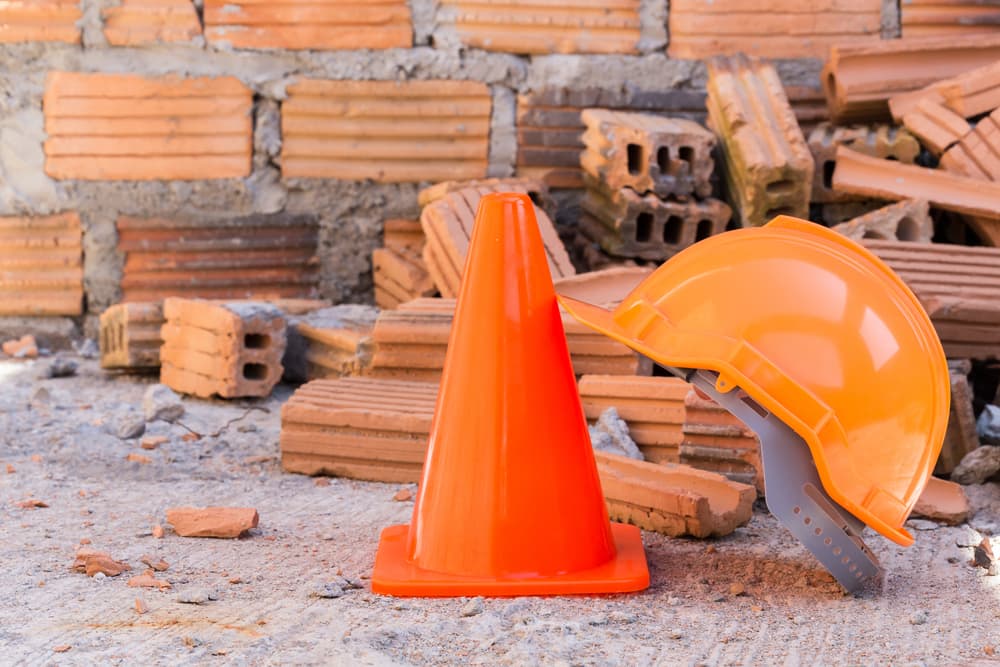
Employers have a responsibility to maintain safe working conditions for their employees. When they fail to do so and an employee dies as a result, it may qualify as wrongful.
Common workplace accidents that lead to fatalities include:
- Construction accidents
- Industrial accidents
- Transportation accidents (e.g., trucking, shipping)
- Slip and fall incidents
- Exposure to hazardous materials
If a loved one passes away due to a workplace accident, surviving family members may file a wrongful death claim against the employer for their negligence.
Product Liability
Defective products can also lead to wrongful death claims if they cause harm or death to a consumer. This may include faulty machinery, unsafe medication, or any other product that poses an unreasonable consumer risk.
In these cases, the product's manufacturer, distributor, and/or retailer may be liable for damages. Sometimes, individual family members can sue, and others may seek a class action or mass tort lawsuit if multiple individuals were affected by the same product.
Food and Water Contamination
Companies and organizations are responsible for properly disposing of or containing harmful substances, and if they fail, this can result in the right to file a wrongful death claim.
For example, Camp Lejeune Marine Corps base in North Carolina was found to have contaminated drinking water for decades, leading to serious health issues and fatalities among its residents. In this case, the military was held accountable for their negligence.
Food and water contamination may not cause a person's death immediately but can lead to long-term health problems that ultimately result in death.
Surviving family members who can prove that the contamination was the cause of their loved one's death might have a valid claim that covers medical, funeral, and other related expenses.
Wrongful Death Statute of Limitation | Don't Let Your Chance to Seek Justice Run Out
Failing to file a wrongful death claim within the specified time frame can result in your case being thrown out, regardless of its validity. This can cause additional emotional and financial stress for surviving family members, making it essential to take action as soon as possible.
For assistance filing your wrongful death claim within the statute of limitations, contact a North Dakota personal injury lawyer for your free consultation. With their help, you can ensure all necessary legal steps are taken toward obtaining the compensation and justice your loved one deserves.
